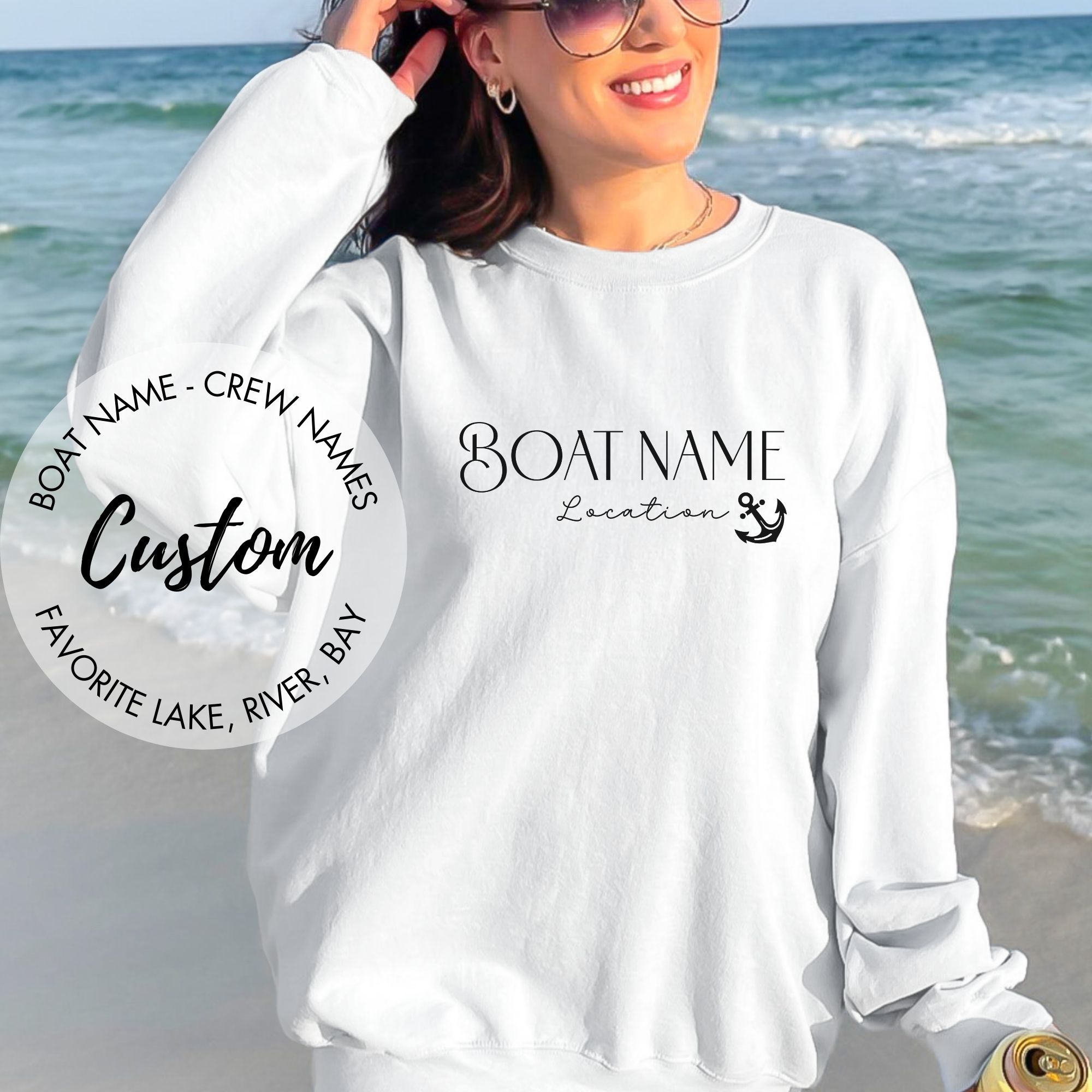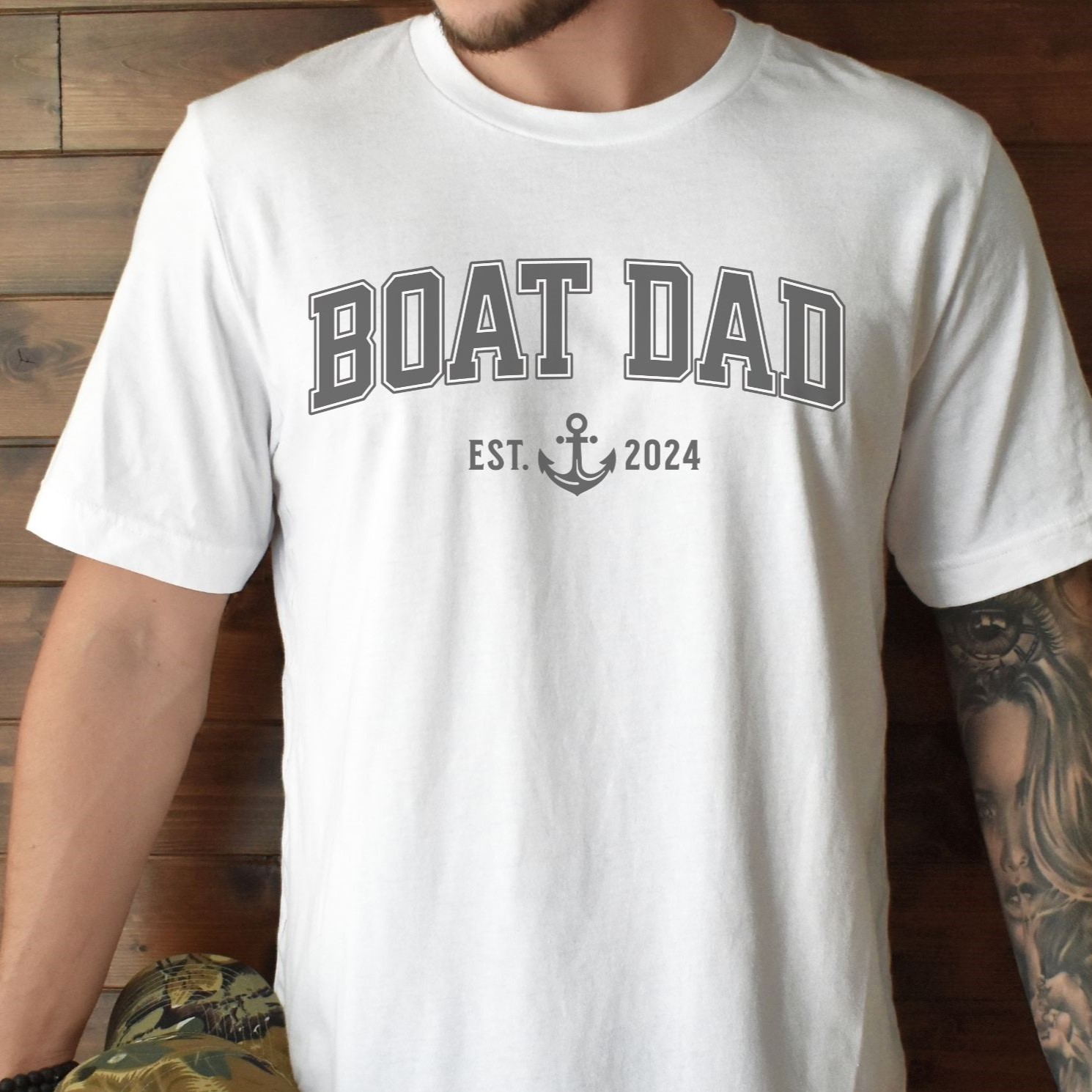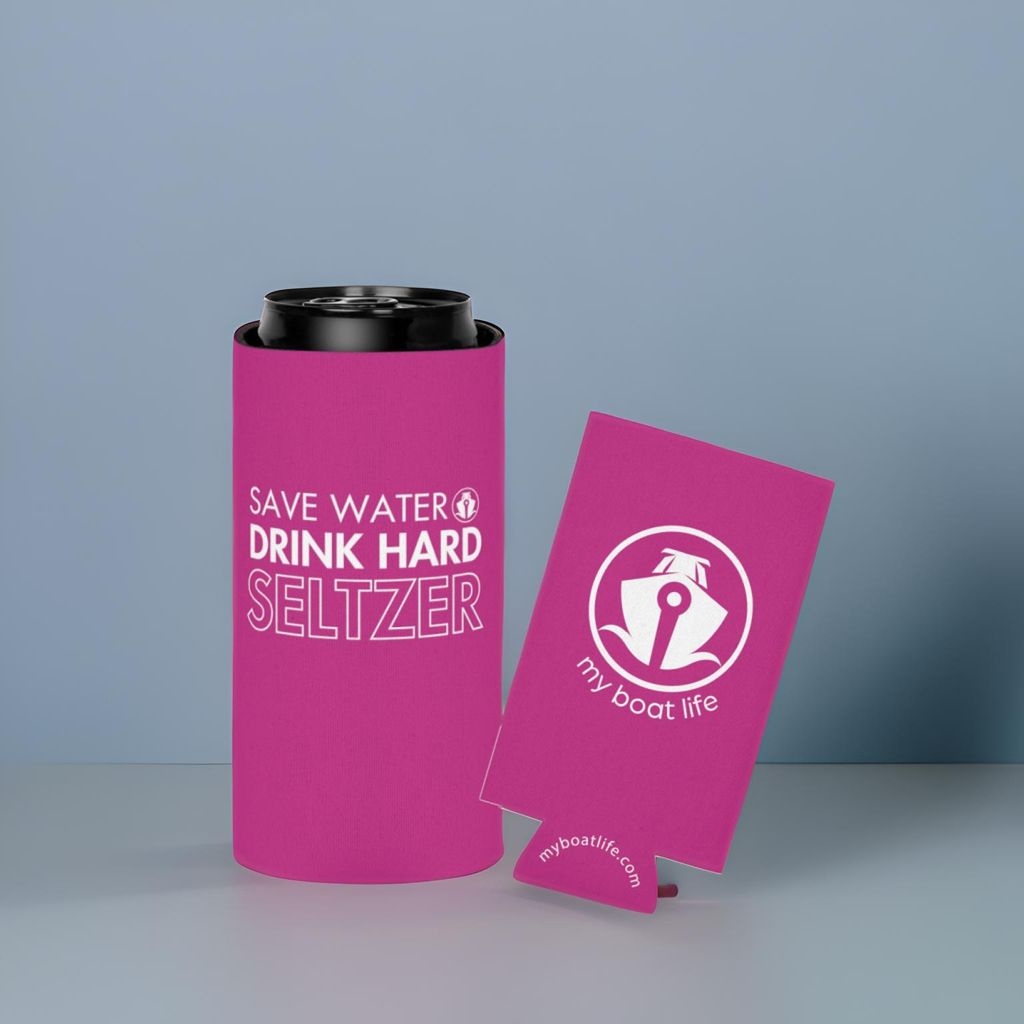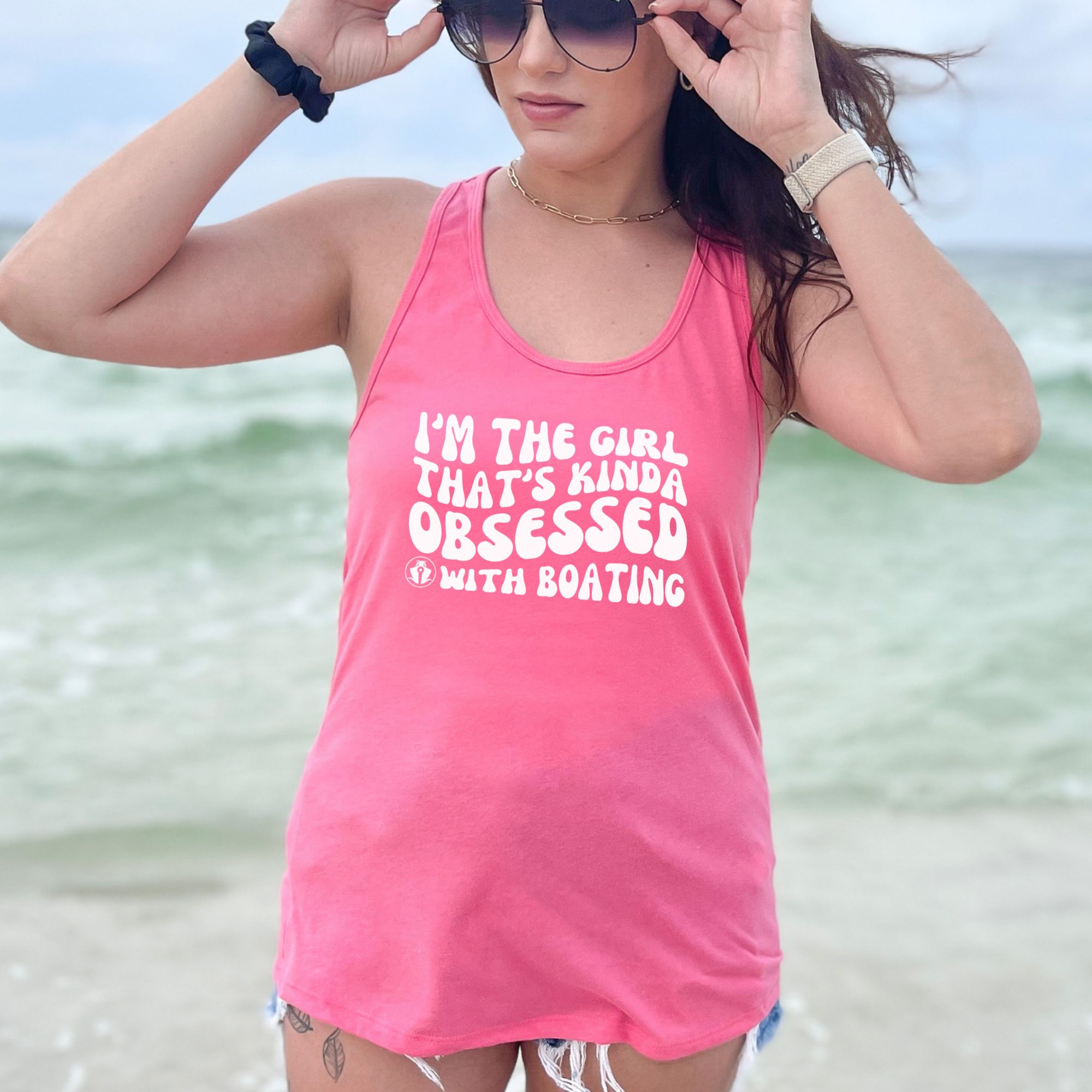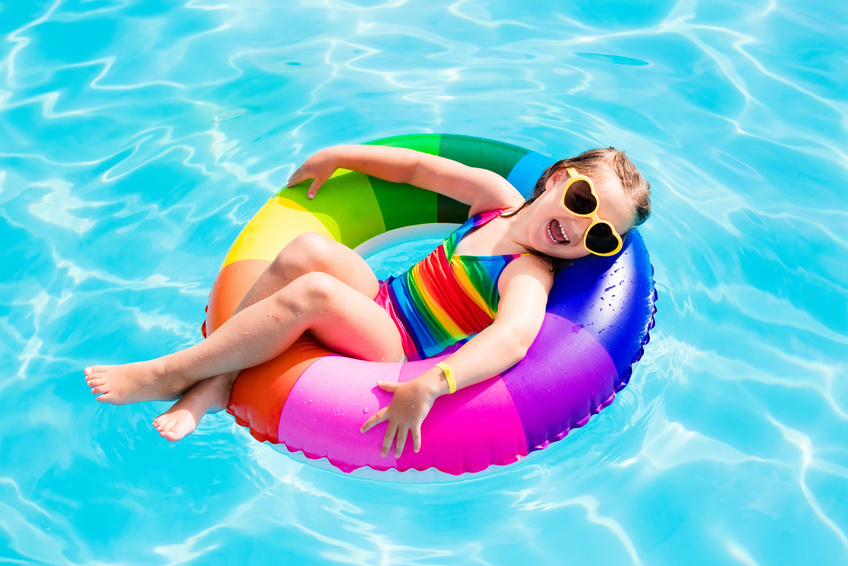


Boating is one of the most relaxing and fun activities — the water splashing below, the cool breeze, and hitting the open waves can truly be a magical feeling. Unfortunately, boating can be just as dangerous as it is fun.
This summer in Long Island, boating officials, alongside safety advocates, have recently been calling for tougher boating safety laws in order to prevent serious injuries from happening.
Long Island Boating & Drinking Laws
Chief among safe boating concerns in Long Island are the usual calls for a crackdown on drinking and boating.
“We have zero tolerance for driving a vehicle while intoxicated. We should have zero tolerance for boating while intoxicated,” said Gina Lieneck, one of the safety organizers that is hoping to change boating laws to protect people out on the water.
For Lieneck, this fight is personal. She told Newsday that her 11-year-old daughter was killed in 2005 in a boating collision on the Great South Bay in Long Island.
One of the best ways to combat drunk boating and prevent serious accidents out on the water is improving the way boating paperwork is handled.
“My mission is to have all boat operators and boat owners licensed, and that sobriety testing is mandatory, so no family has to go through what my family has had to experience,” Lieneck added.
The U.S. Coast Guard’s Boating Safety Division has been working hard to reduce loss of life, prevent injuries, and keep the waterways safe by improving the knowledge, skills, and abilities of all recreational boaters. But stricter regulations for licensed boat owners and improved boating safety courses could help prevent injuries and accidents even more.
“You need a license to drive a car, but just about anybody can walk into a showroom, purchase a boat and start operating it,” said Rich Schaffer a town supervisor. “That’s mind-boggling.”
Of course, even the safest boaters aren’t immune to sustaining an injury. Simply getting on or off a boat can result in a twisted or sprained ankle. More than 80% of all ankle sprains are actually a result of inversion, or inward rolling, of the ankle.
Although dock safety is important, there are much more severe situations that can occur out on the water than can result in serious injury or even death. That’s why it’s important for all recreational boaters, no matter their level of experience, to take the proper precautions during the busy summer season.
Love the boat life? Check out these picks for your boating lifestyle:
Disclosure: This site may contain links affiliated with companies where we receive compensation. Also, as an Amazon Associate we may earn from qualifying purchases we refer but it does not impact the price you pay. Full disclosure policy.

